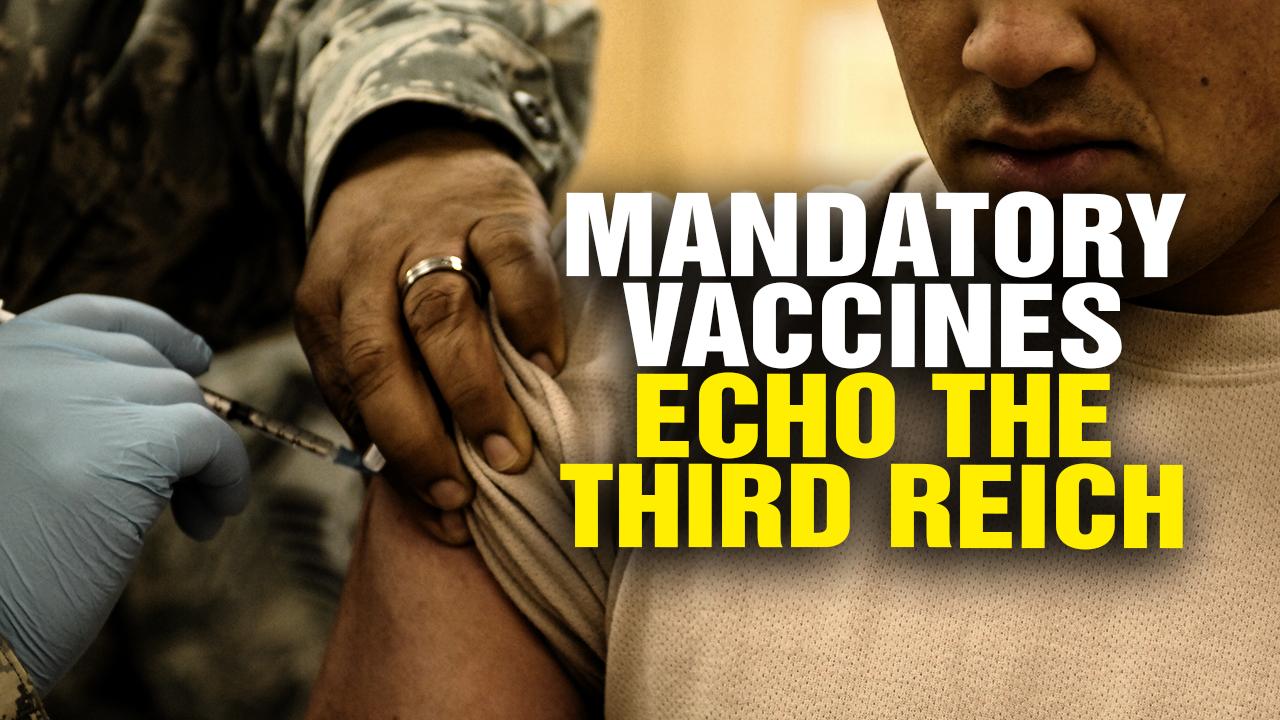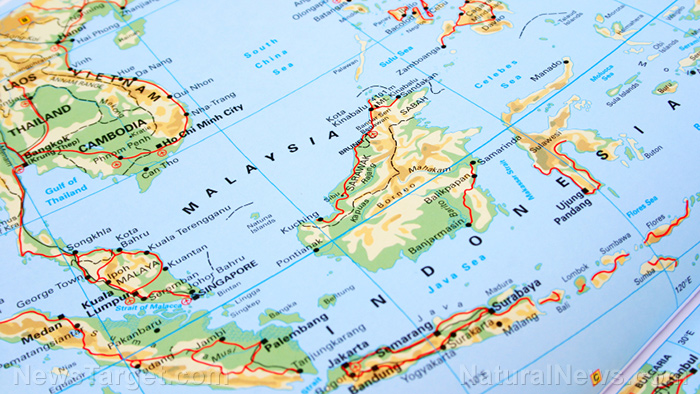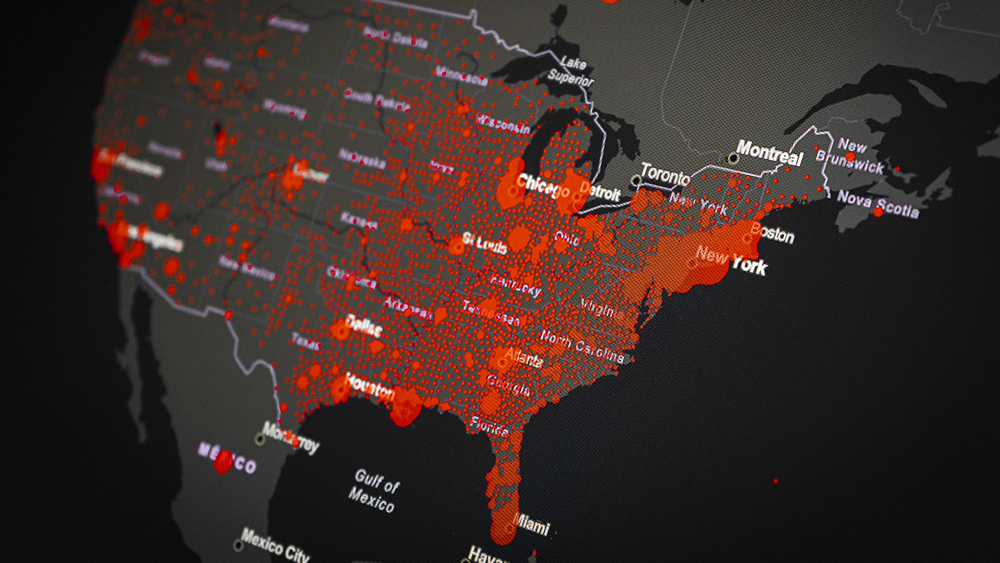While WHO publicly praised Beijing, officials complained internally about a lack of transparency
06/07/2020 / By Isabelle Z.

A new report by The Associated Press shows that as the World Health Organization praised China publicly for its handling of the coronavirus crisis, it was a far different story behind the scenes, with officials frustrated by a dangerous lack of information.
Recordings of internal meetings that were obtained by The Associated Press showed that officials with the World Health Organization complained in meetings in early January that Beijing was not sharing the data they needed to help determine how the virus was spreading and the risk it posed to the rest of the world.
The UN agency does not have enforcement powers and is unable to investigate epidemics independently within countries. However, international law does oblige countries to report any information that could impact public health to the organization.
Beijing had initially insisted that there was little to no risk of transmitting the virus from person to person; it wasn’t until January 20 that they confirmed the virus was contagious. And although a state lab had documented the virus’s full genome by January 2, that sequence wasn’t shared with the WHO until January 12.
Exasperated WHO officials were clearly frustrated with the lack of communication, with the agency’s top official in China, Dr. Gauden Galea, saying that they were at a point where China was giving them information just minutes before it appeared on the Chinese state broadcaster CCTV.
“We have informally and formally been requesting more epidemiological information,” he said. “But when asked for specifics, we could get nothing.”
WHO Technical Lead for COVID-19, epidemiologist Dr. Maria Van Kerkhove, said that they were working with “very minimal information,” adding: “It’s clearly not enough for you to do proper planning.”
By the second week of January, recordings show that WHO Chief of Emergencies Dr. Michael Ryan worried there would be a repeat of the SARS outbreak that started in China in 2002; authorities also covered that outbreak up in its early days.
AP reports that Dr. Ryan said this was the same scenario. “WHO barely got out of that one with its neck intact, given the issues that arose around transparency in southern China,” he stated. He also criticized China’s lack of cooperation, saying that this wouldn’t happen in Congo and other places.
This stalling was a significant setback at a time when the outbreak could have been slowed dramatically if officials had more information at their disposal.
Outwardly, however, the WHO praised China for its quick response to the virus, describing the country’s efforts as “very impressive” and thanking them for sharing the virus’s genetic map “immediately.”
At the same time, WHO staffers discussed how to convince China to share detailed patient data and gene sequences without upsetting them, fearing they would lose access or potentially get Chinese scientists in trouble.
The world is angry at how China handled the outbreak
The agency has been heavily criticized for colluding with China in recent weeks, and they’ve agreed to an independent probe of the way the pandemic was handled.
Last month, President Trump announced that the U.S. would be withdrawing from the WHO because of the role it played in helping the Chinese government cover up the outbreak. He accused the agency of being overly influenced by China and asked why they waited until January 30 to declare it a public health emergency.
It’s a big hit for the organization as the U.S. is its biggest donor, contributing around $450 million per year.
University of Washington Institute for Health Metrics and Evaluation Professor Ali Mokdad told the AP: “It’s obvious that we could have saved more lives and avoided many, many deaths if China and the WHO had acted faster.”
The coronavirus pandemic has now killed more than 380,000 people around the world. How many of those lives could have been saved if China had been more forthcoming?
Sources for this article include:
Tagged Under: China, Collusion, coronavirus, coverup, deception, lies, outbreak, pandemic, propaganda, transparency, WHO



















